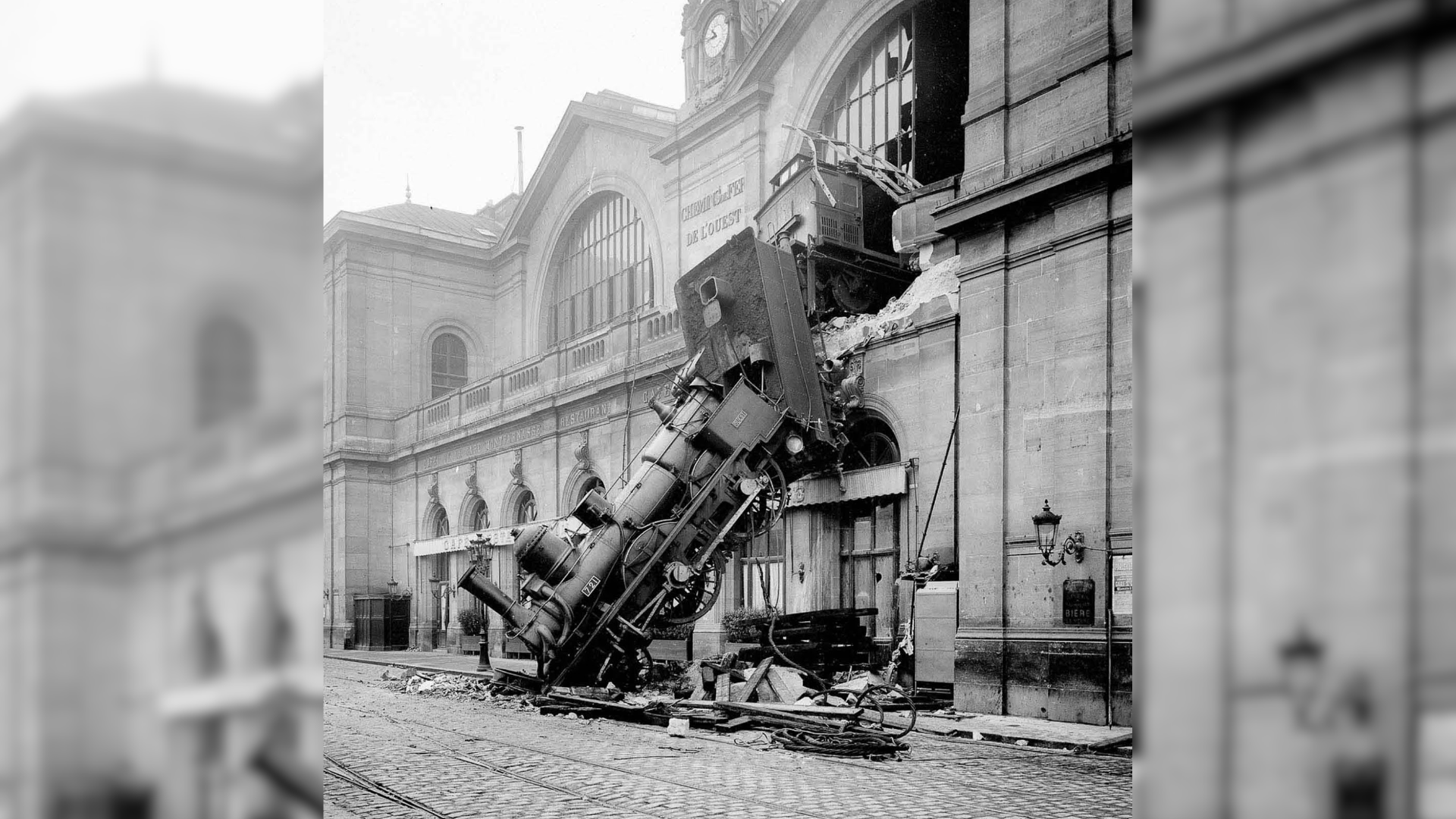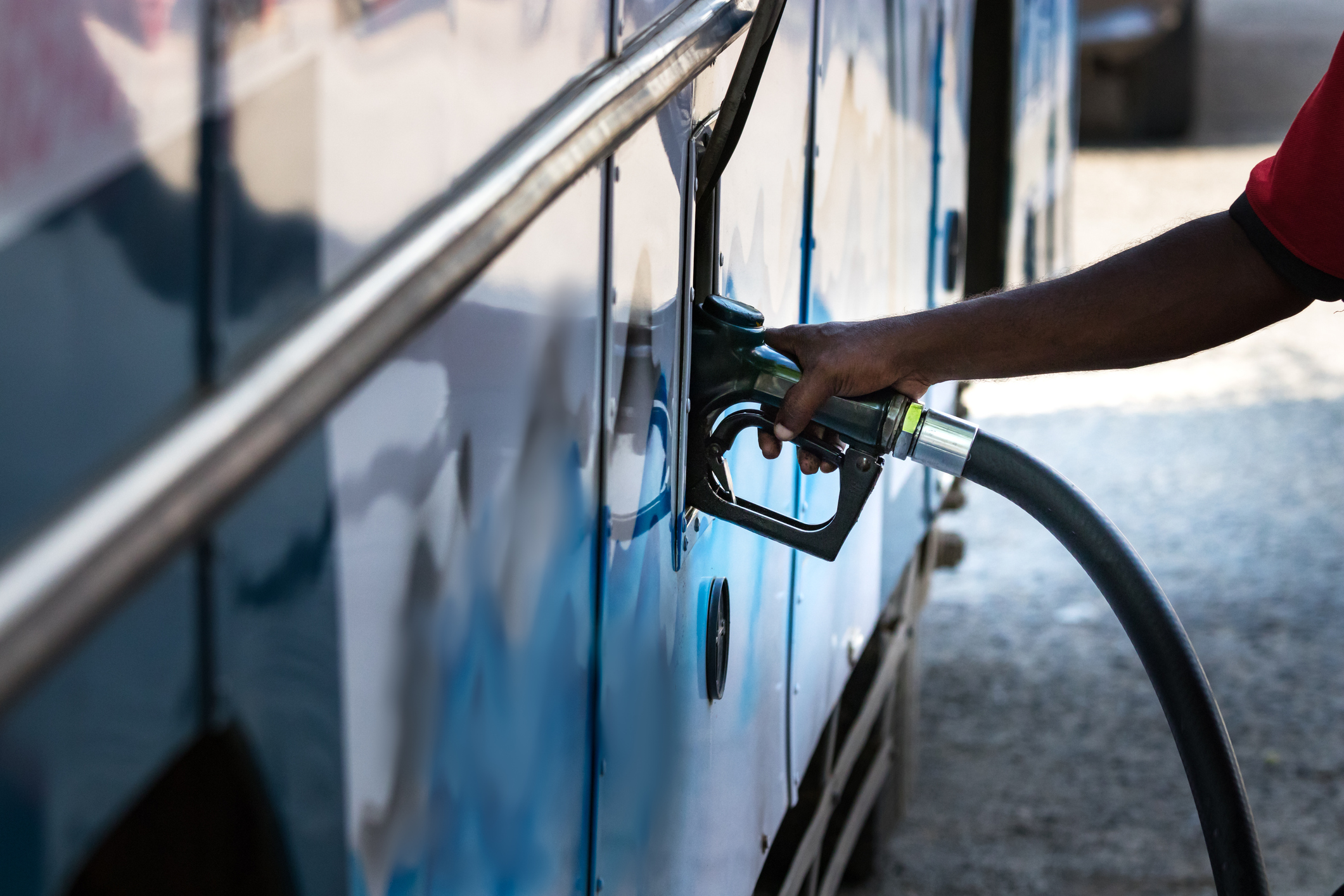The House Democratic caucus revealed their transportation package proposal today during a press conference. It included a long list of taxes and fees that would result in Washingtonians paying about $1 in tax for every gallon of gas purchased at the pump.
The current state gas tax rate is 49.4 cents per gallon, the fourth highest in the nation. Coupled with the federal gas tax rate of 18.4 cents per gallon, Washington drivers pay 67.8 cents in tax for every gallon of gas.
Legislators proposed an incredible 18-cent increase to the gas tax, along with a carbon tax of $15 per metric ton. The carbon tax would increase to $20 per ton in the following biennium, and to $25 per ton in the biennium after that. A $15 per metric ton carbon tax amounts to 13.3 cents per gallon, which would bring the total you pay at the pump in taxes to 99.1 cents per gallon.
That amount would increase each biennium due to carbon tax hikes and automatic adjustments to the gas tax as a result of indexing to inflation – another key part of the proposal.
While inflation has had an impact on the spending power of gas tax revenue, indexing the gas tax to inflation to keep up with artificially high costs of transportation construction is not the right solution. Taxpayers are better off when lawmakers must vote on tax increases. This is evidenced by the last three state gas tax increases, which came with specific project lists, allowing the public to hold their representatives accountable to spend tax dollars as promised.
It is worth noting that if a low-carbon fuel standard (LCFS) passes, gas taxes would gradually increase about another 18 cents per gallon over the next eight years. All of this would be devastating to families and workers in rural Washington, as well as those who cannot afford to live anywhere near employment centers and depend on a car to get to work.
The tax plan amounts to about $26 billion in new spending over 16 years. Most of the money would pay for preservation and maintenance of highways and bridges, replacing culverts, and funding state and local projects. However, the plan also funds electrification and carbon reduction initiatives. While maintenance and preservation of our existing transportation system should be a priority, and electrification is worth considering in the near future, most of the spending seems inappropriate given the devastating impact of the pandemic on our economy.
It is true that there never seems to be an ideal time to impose tax increases to fund transportation. However, if there ever was a time to give struggling families and workers a break, a global pandemic would be it.





